- Friday, 18 July 2025
Rastriya Banijya Bank Disburses Financial Grants to Energy-Efficient Industries
By TRN Online, Kathmandu, July 17: Rastriya Banijya Bank limited (RBBL) has disbursed the First Round of Financial Grants to Energy-Efficient Industries
According to its press release published today, it is informed that (RBBL) has successfully disbursed the first round of financial grants to industries adopting energy efficiency measures. The disbursement event was held on July 17, at RBBL's office in Kathmandu.

A total of 10 industries received grant support totaling NPR 29 million (approx.) after implementing key energy-saving measures identified through energy audits. These efforts are expected to bring measurable reductions in energy consumption (approx. 36,788 MWh of annual energy savings over lifetime), directly contributing to Nepal’s climate action commitments and the broader agenda of sustainable industrial growth.
The grant scheme managed by RBBL is part of the Renewable Energy and Energy Efficiency Programme– Green Recovery and Empowerment with Energy in Nepal (REEEP-GREEN) project which is jointly financed by the European Union and the German Federal Ministry for Economic Cooperation and Development (BMZ). Thisinitiative supports industries with significant energy-saving potential in adopting efficient practices fostering green growth and livelihood improvements across the country. It offers partial grant coverage of total investment costs encouraging implementation of energy audit recommendations, conducted by certified local auditors. The scheme prioritizes energy efficiency, decent work practices, and compliance with environmental compliance.
This first disbursement marks the formal rollout of the REEEP-GREEN grant facility, paving the way for broader adoption of cleaner and more efficient technologies within Nepal’s industrial sector.
Speaking at the event, the Chief Executive Officer of RBBL, Devendra Raman Khanal reaffirmed the bank’s commitment to sustainable finance and a green economy.
The event was attended by Director of Alternative Energy Promotion Center, Rudra Khanal; Delegates and officials from the European Union, German Embassy and GIZ Nepal; energy consultants; private sector associations and industrialists.
This financing initiative aligns with broader national objectives to promote sustainable industrial practices by integrating circular economy principles, adhering to environmental standards and fostering decent work practices. The benefits realized from the grant supported measures will serve as a demonstration of concept to develop business cases for loan and blended financing supported interventions in the public and private sector. This will encourage more industries and enterprises to adopt energy efficiency measures and also promote sustainable development in Nepal.

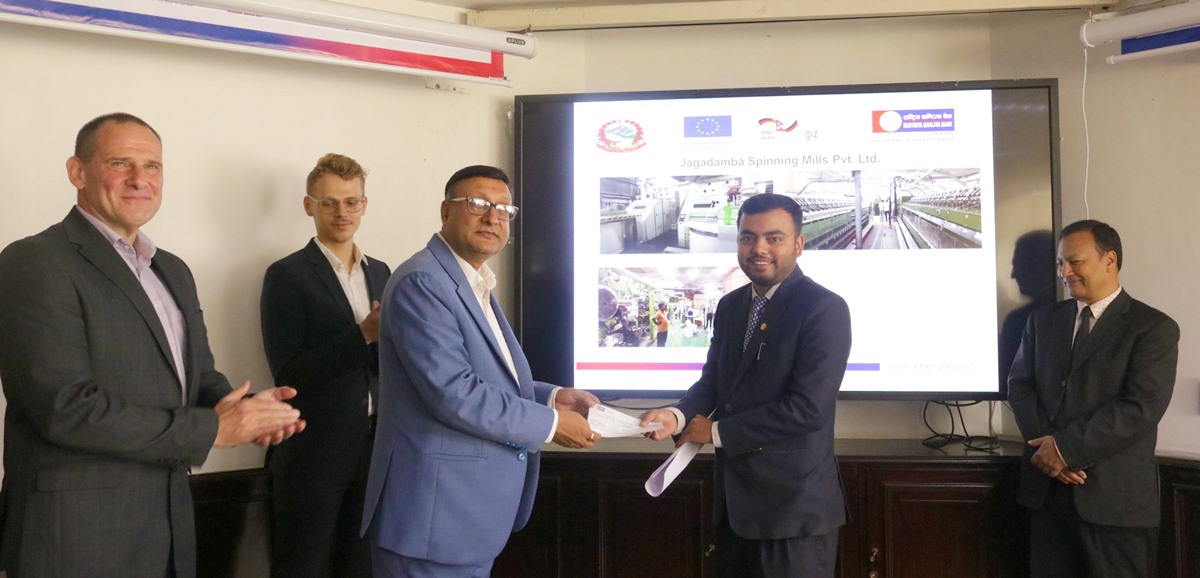

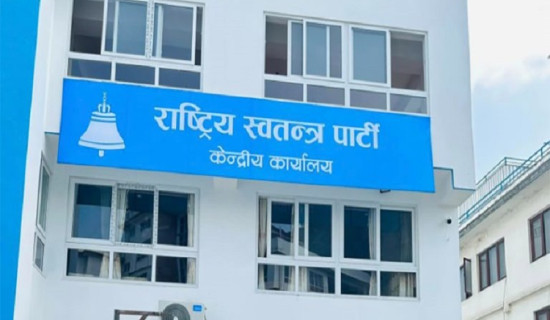

-square-thumb.jpg)

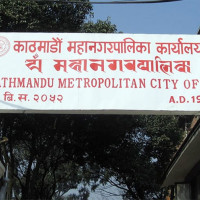
-square-thumb.jpg)
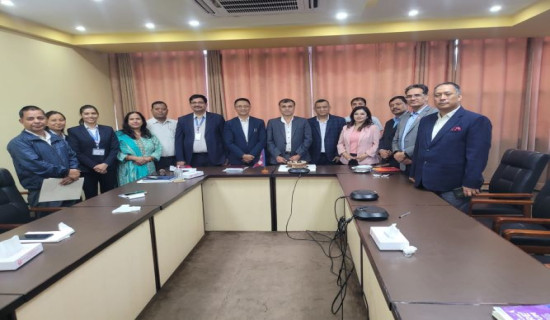
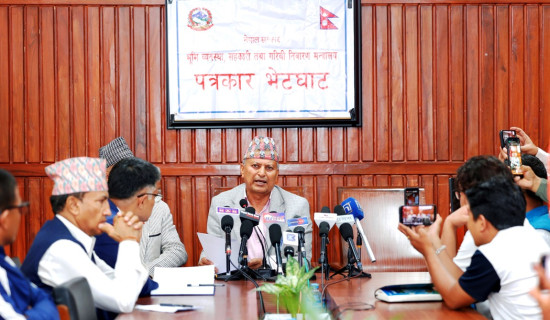



-original-thumb.jpg)